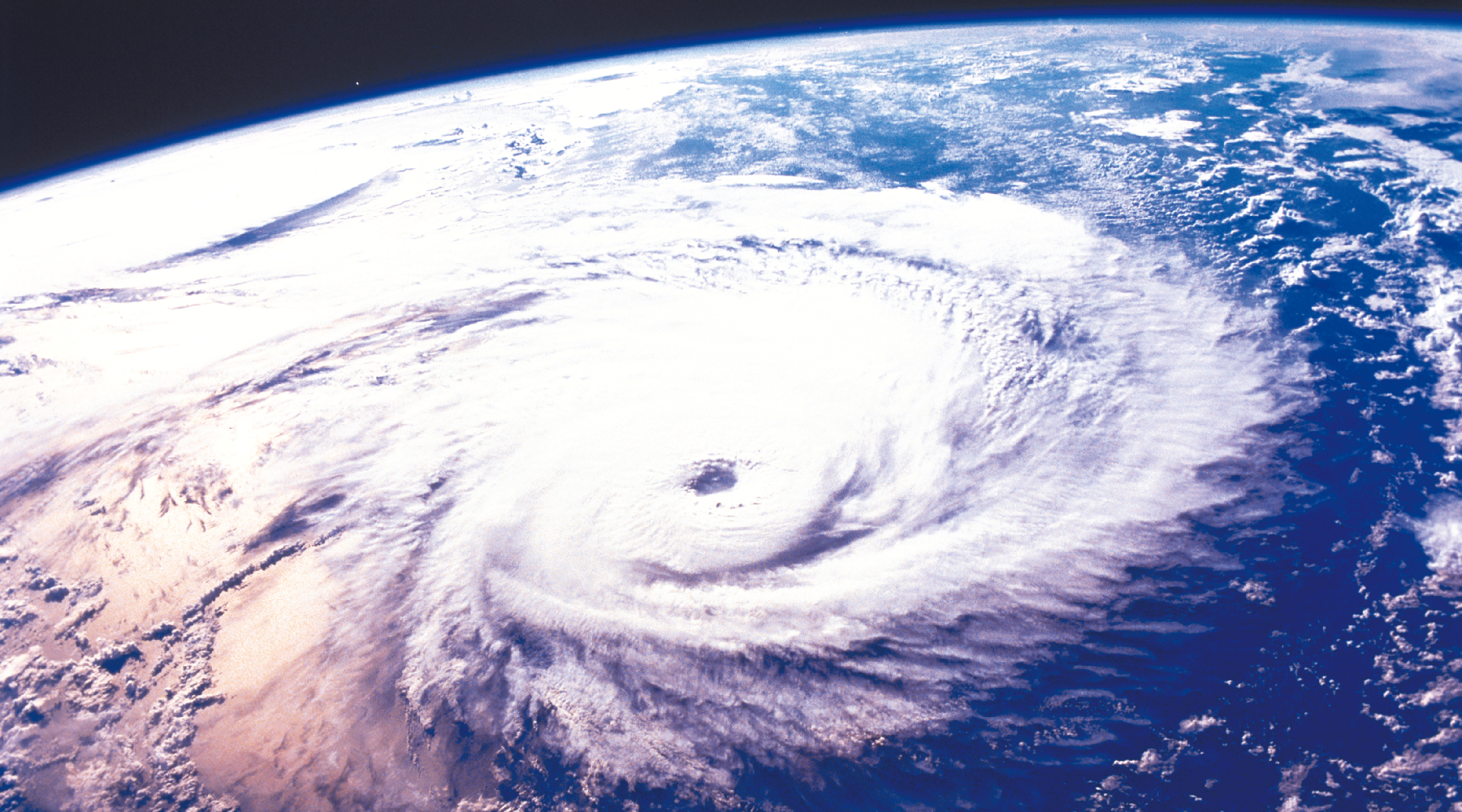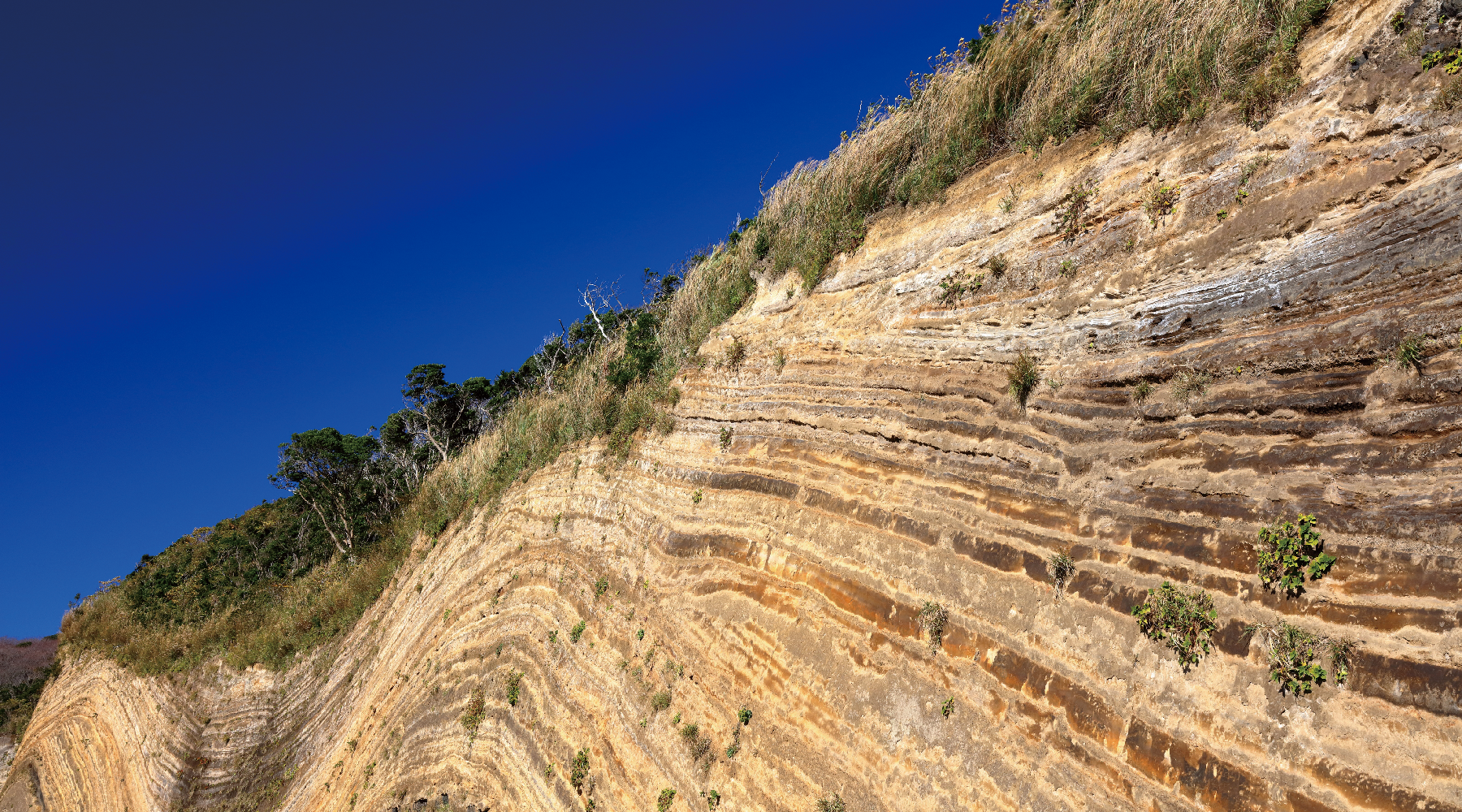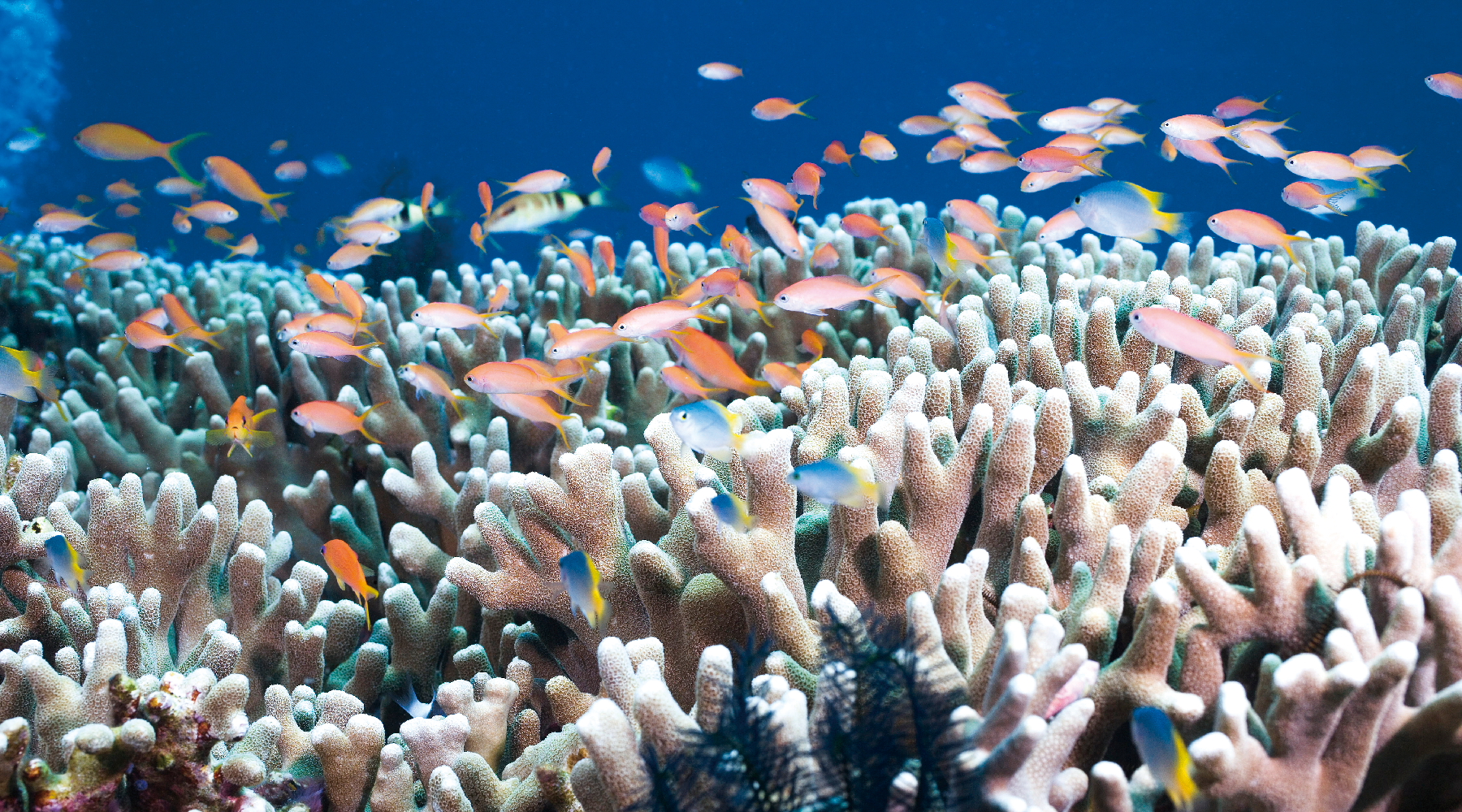** Progress in Earth and Planetary Science is the official journal of the Japan Geoscience Union, published in collaboration with its 51 society members.
** Progress in Earth and Planetary Science is partly financially supported by a Grant-in-Aid for Publication of Scientific Research Results to enhance dissemination of information of scientific research.
Gallery View of PEPS Articles
Review
Space and planetary sciences
201505201505
eScience and Informatics for International Science Programs
Fox P, Kozyra J
eScience, Informatics, Virtual observatory, Virtual organization, Collaboration, Interdisciplinary research
Both eScience and Informatics, their conceptual approaches, methods, and extant technical solutions, are still relatively new approaches in many science fields. Collectively, they intend to facilitate the electronic conduct of science (eScience) and the application of foundational principles drawn from experience in a number of fields of Informatics (e.g., helioinformatics, geoinformatics, and climateinformatics). The Climate and Weather of the Sun-Earth System II (CAWSES II) eScience and Informatics effort had the goal of promoting an international virtual institute and several virtual observatories in order to advance system-level science investigations aligned with the four CAWSES II Task Groups. This contribution elaborates on the key elements of eScience and Informatics applicable to CAWSES II as a virtual organization in the context of the current science-data landscape. We examine what was adopted for CAWSES II and highlight the successes and challenges of the effort. Based on the lessons learned from this effort and other international communities, we present opportunities going forward that are relevant to both smaller collaborations and successor large-scale programs (such as the Variability of the Sun and Its Terrestrial Impact (VarSITI)) that are being recognized more as networks of science facilitated by a variety of modern information technologies.






